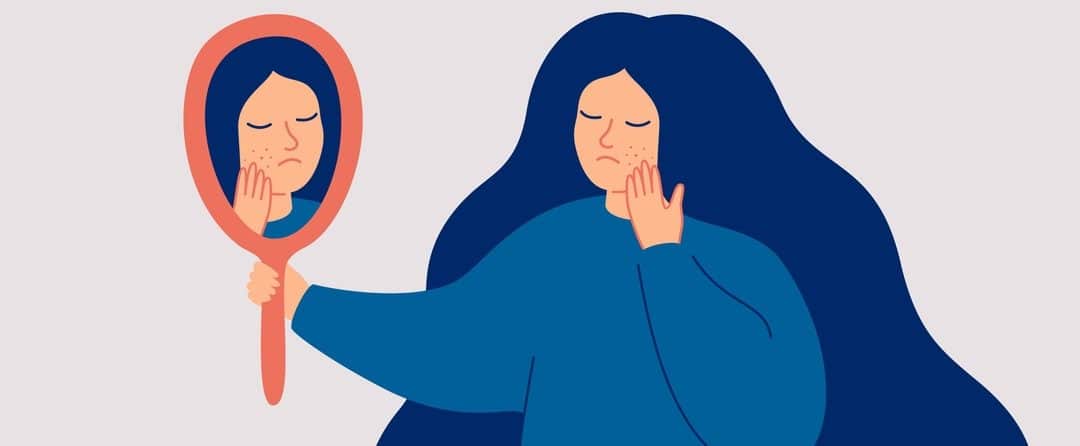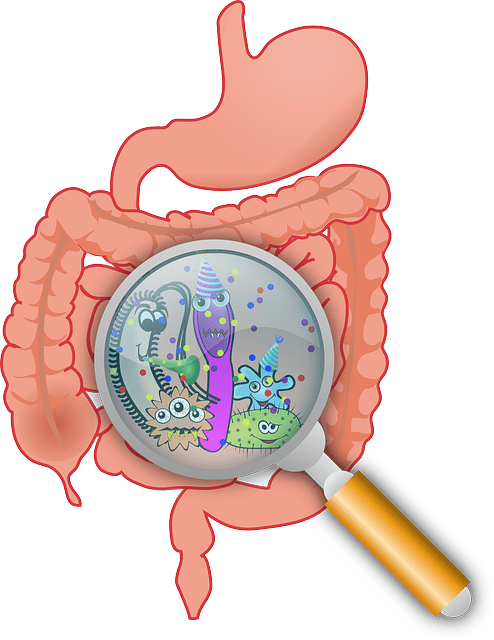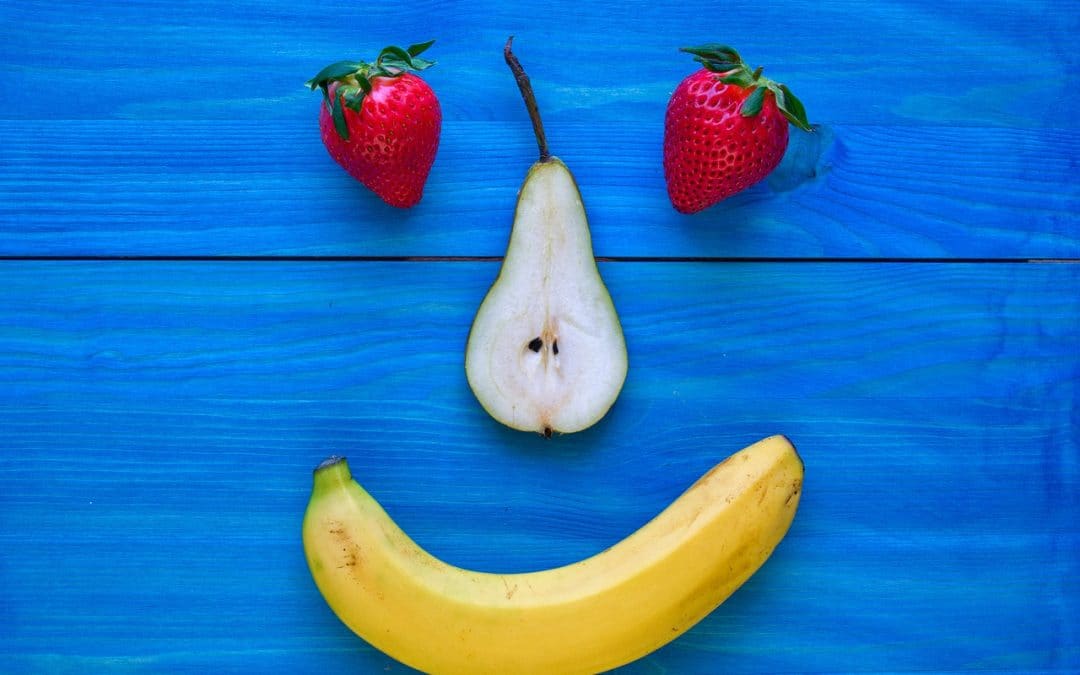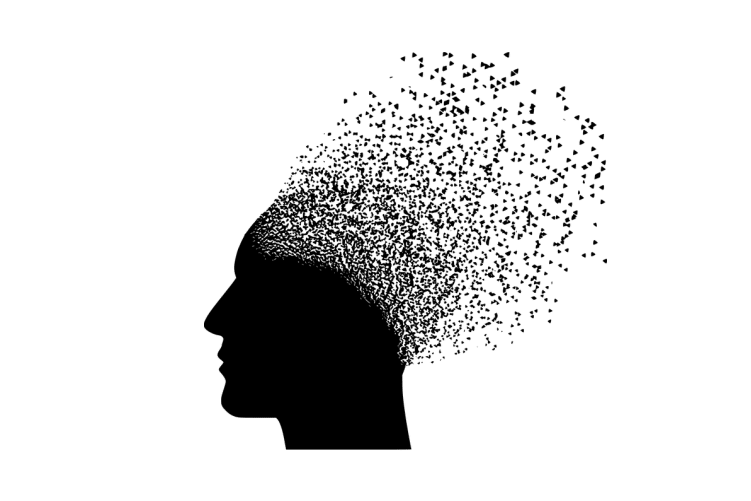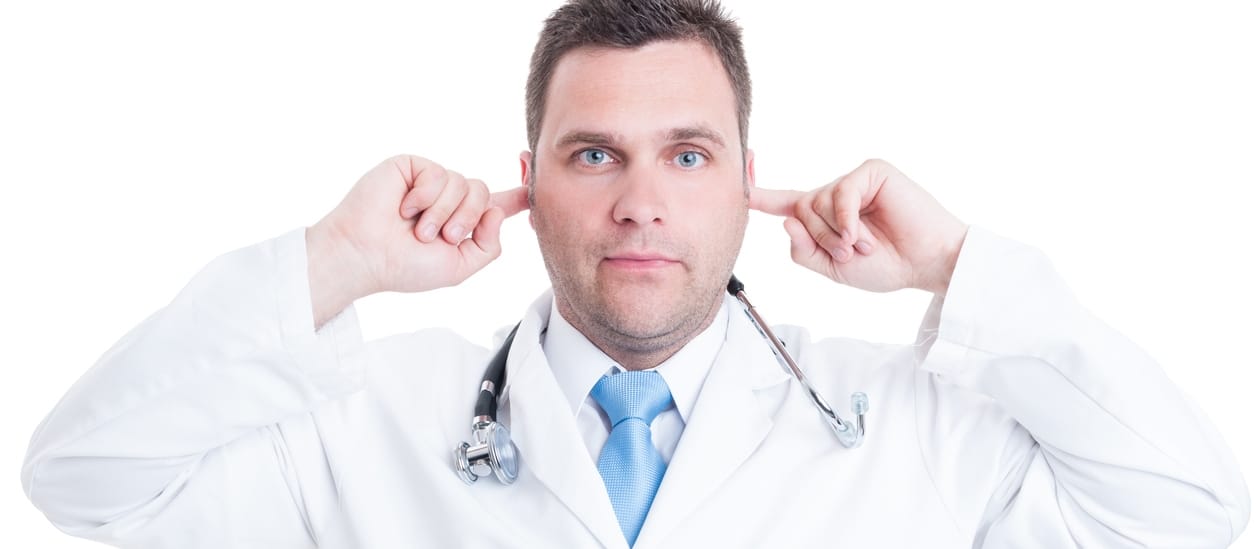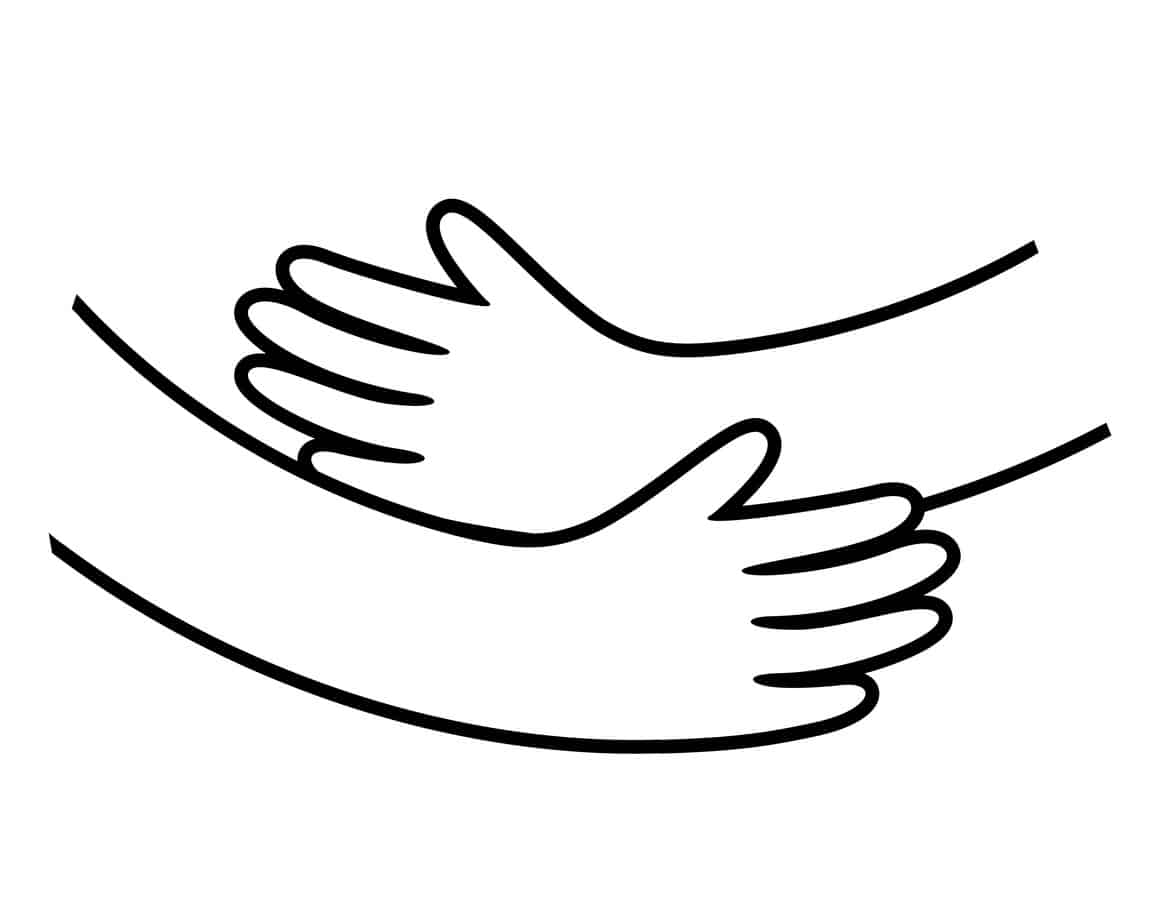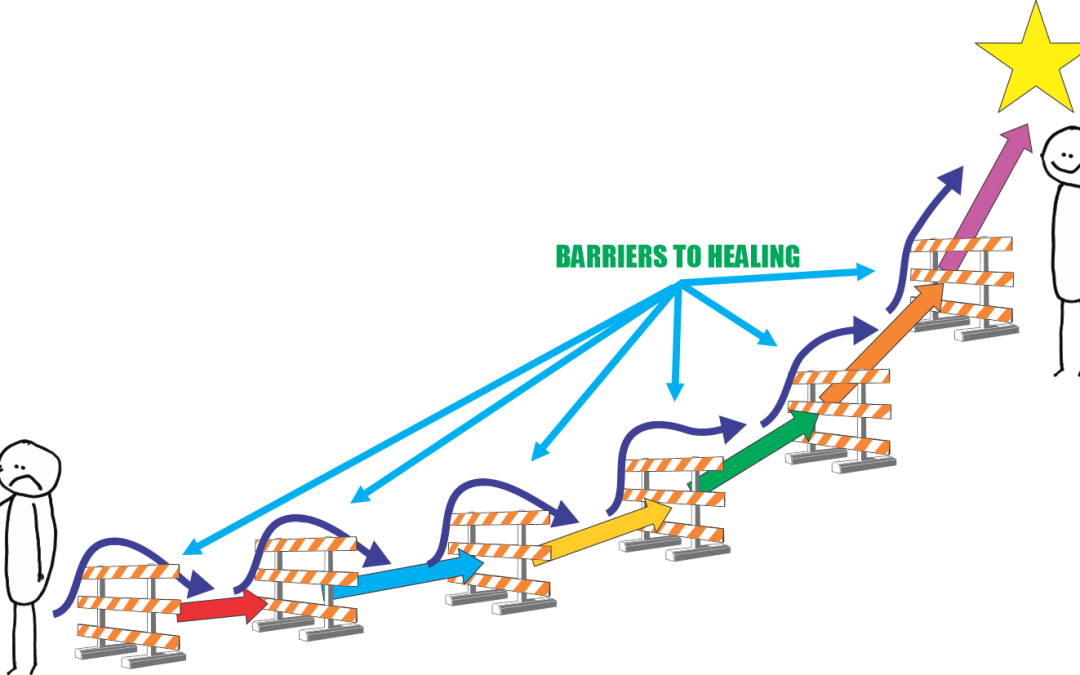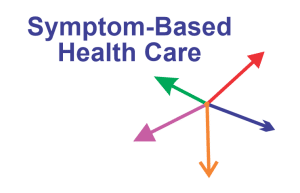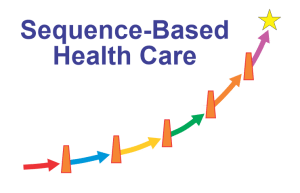
The Immunity Bottom Line
Would You Like to Avoid Getting Sick this Winter?
Your response to infection is mostly determined by your Body State:
HEALTH IS IMPROVING: You are more resistant to infection.
HEALTH IS WORSENING: You are a magnet for disease and trouble.
You have seen lots of information about how to improve your immunity:
- Sleeping
- Exercise
- Eating well
- Avoiding stress.
Doctors know that these have value, but they have observed that it’s very hit-and-miss. Sometimes these actions seem to help, and sometimes they don’t.
Here is why:
What Gets Missed
Conventional doctors are very focused on symptoms or out-of-range lab tests. They fail to see the most critical factor in overall health, which is the state of the body: is it improving or worsening?
A body that is getting worse, even slowly, is a magnet for trouble. If your body is worsening, then it is on the way out of life. It’s incrementally dying. You could compare it to a business that is going bankrupt. There are no resources to tap into to allow recovery.
A body that’s staying about the same is also on the way out, but it isn’t evident yet.
The only safety and stability of health is for a body that’s getting better, even if it’s very gradual.
Years ago, a doctor friend of mine who started practicing in the 1950s would say, “A happy body heals, and an unhappy body doesn’t.” I asked him, “Dr. Bryman, what makes a body happy?” He answered, “A happy body is one that’s improving. If it’s getting better, then it’s getting happy.”
Very Practical Information:
Are you in excellent physical condition, but you’ve been going slightly downhill for the past couple of years? You’ve noticed some weight gain, your digestion has been off for a while, you got sick more last year than usual, and recently you just haven’t had the same level of energy? You are in a declining condition and are at risk, despite your overall “good” physical condition.
Are you in poor shape with several chronic health conditions and concerned about your future health? If you could take actions to turn your condition around so that you were improving instead of worsening, you’d be much less likely to have trouble. Further, you’d feel much more confident and much less worried.
Your health outlook is more directly affected by its condition of improving or worsening than any other factor.
This common-sense observation has gotten lost in the complexities of a health care system that sees people as the parts of their various systems, glands, and organs and not as a whole.
What This Means Right Now
If your health has been declining of late:
You should get very busy fixing this no matter how “great” your health may be.
If you aren’t in good health, your most effective action is to get your body improving.
How to Create Improving Health
Generically, you can do all the good stuff you already know about: sleep, de-stress yourself, eat healthy food, and exercise. If you’re already improving slightly, this might make it move up a bit more. If you’re staying the same, there’s a chance that doing all of this might nose your condition up just slightly. So, do these things!
If you are in a definite declining condition, the generic actions above aren’t going to be enough.
You’ll need help to be successful.
Chronic health conditions are what cause declining health. Conventional medicine has no idea what to do with these illnesses other than managing their symptoms with drugs. If you wish to improve your health, you’ll have to take a completely different approach. For this, you’ll need a functional medicine doctor, a nutritionist, or a holistic practitioner that is competent, trained, and knowledgeable.
Working with a competent professional, you may be able to turn your health around in a matter of weeks, even if you have long-term or severe problems. Bodies tend to get better or worse, but don’t do anything in the middle for very long.
Find Out: 1) What Might be causing your issues, 2) What you could do about it.
Just tap the “Free Analysis” button below, fill out the questionnaire and schedule a free phone consultation.

